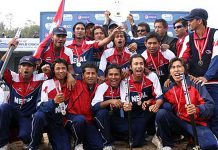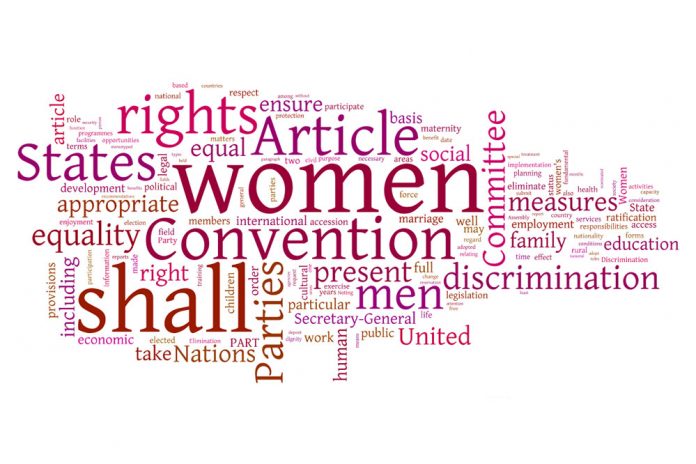When my friend, Saili, at the tender age of 18 despite being labeled “characterless” had choose to study over getting married I had wondered upon her option.
But nine years later I do not find anything unusual about yet another friend making a bold decision about her life. She bid goodbye to a lavish life in her husband’s home, in a foreign country, in search of self dignity and self-identity.
But her act of patriotism has not only left her disillusioned about her country’s attitude towards her but also made me realize that women in this country are still deprived their rights.
Let’s take the example of citizenship act passed on November 26, where a bona fide Nepali woman marrying a foreign husband simply has to abandon her husband if she desires to give her children with her own name. The thing in the act that stunned me is the fact that the same is not applicable to a man marrying a foreign lady. What difference is there between a Nepali guy marrying a foreigner and a Nepali Cheli (daughter), marrying a foreigner? For I can come up with no other reason other than this for the unfavorable law for all those deciding to marry a foreigner.
To say the least I am simply amazed. How can a country which has signed so much of international human rights instruments, simply undermine over half of its population. How can it still treat women as secondary citizens? My deepest concern is who is there to decide or allocate on what should be given to woman and what not? And who are they to do so?
When the country is talking so much about Loktantra with secured human rights of its nationals, how can it be bias towards the rights of women? What is the logic behind that? Do they mean to say that they are the same, (tyrant), for what they fought against?
Besides being restricted from giving citizenship to her children, she also can’t transfer her citizenship to her husband even if he is ready to reside with her in her homeland, abandoning his country and nationality. However, it is not only the issue on whether or not she can transfer citizenship, but the attitude of the government. I ask everyone in the decession making position in the government one simple question. On what ground do youl dare to violet the human right of an individual just because she is woman?
United Nations High Commissioner for Human Rights which came to Nepal in the country’s special request to monitor human rights violation had sent a written complain to the speaker of the House of the Representatives (HoR) on 24th November to express serious concern over the proposed Citizenship Bill cleared by the State Affairs Committee, saying it is gender biased. Whatsoever, the article eight and nine of the 1990 constitution which was discriminatory against woman regarding their citizenship rights has been scraped and new citizenship act has been formulated. But the act still contradicts the constitution of the country. The constitution has ensured right to equality and non discrimination.
Similarly, article nine of Convention on the Elimination of All forms of Violence Against Women (CEDAW), which women recite it as a Bedha to which the country is party, had asked the country to amend the constitution to make it gender neutral. Though it has been amended it has failed to ensure the essence of the CEDAW, which clearly says about equal right in-confirming citizenship to spouse or children by both sexes. This has denied women’s status in case of a Nepali woman married to foreign man. This is not same in the case of men. I think that women’s right to choose residence, right to family and right to choice has again been overlooked by the state. My concern here is that the state itself has looked down up on the independent existence of woman as its citizen.
The act passed by the State Affairs Committee was a bit progressive than what it came into real. It had agreed on issuing the citizenship on the basis of descent to the children born to Nepali mom and foreign father too. But the house of the parliament changed it into naturalized citizenship.
– Sangeeta Rijal













































